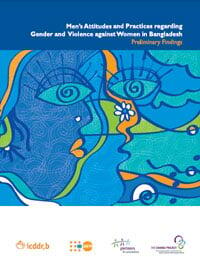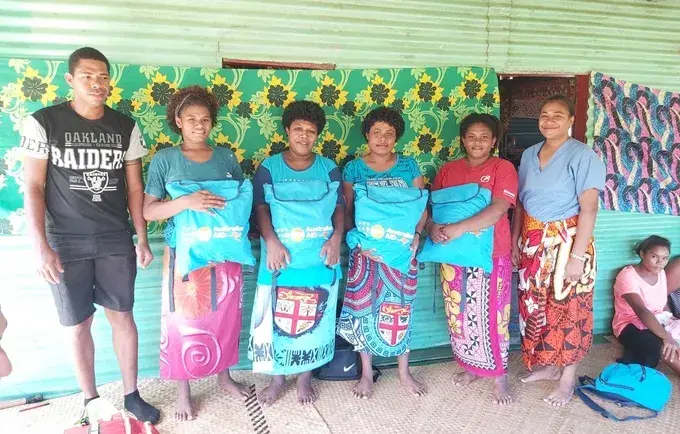DHAKA – A new study has found that men who have negative attitudes towards women are more likely to use violence, affecting not only the women whom they have violated but also the children in their lives, families and the community at large.
The survey – conducted by the international health research organization icddr,b, with UNFPA, the United Nations Population Fund, and Partners for Prevention, an interagency initiative working to prevent violence against women – is the first study ever conducted in Bangladesh that probes men’s attitudes and practices regarding gender and violence against women.
The survey found that men almost universally support at least one gender-inequitable statement, and about 20-29 per cent of men support several gender-inequitable statements. The survey further found that men with gender-inequitable attitudes are significantly more likely to perpetrate physical and sexual violence against female intimate partners.
“These findings suggest that positively changing gender-related attitudes is a key factor for preventing violence against women,” said Ruchira Tabassum Naved from icddr,b.
Arthur Erken, UNFPA Representative in Bangladesh, added, “We need to nurture more gender-equitable young men – through our individual actions, through positive male role models, through effective policies and education programmes and we need to do this from a young age, and we need to start now.”
The survey’s results highlight the gender inequality prevalent in Bangladesh. Key findings include:
- Over 60 per cent of men surveyed were of the opinion that at times a woman deserves to be beaten.
- Half of the urban men (50 per cent) and the majority of the rural men (65 per cent) believe a woman should tolerate violence in order to keep her family together.
- About 78 per cent of urban men and 92 per cent of rural men believed that a woman’s most important role is to take care of her home and cook for her family.
These findings only tell part of the story. In addition to the association between men’s attitudes and perpetration of violence against female intimate partners, other key findings include:
- About 52 per cent of men in both urban and rural sites reported ever physically assaulting female intimate partners.
- About 80 per cent of men who had forced a woman into sex were motivated by sexual entitlement.
- Less than 10 per cent of men who had perpetrated sexual violence feared any legal consequences.
- Men’s experience of emotional abuse during childhood increased the likelihood of perpetrating intimate partner violence twice in both the sites, and rural men who experienced sexual violence during childhood are two times more likely to abuse their intimate partners.
“The study also revealed that men who have been abused as a child are two times more likely to be violent against women later on in life,” said Ms. Naved.
“We need to break this cycle of violence,” she added. “We need to ensure that all our children have the chance to live in a peaceful home and the chance to grow into confident, happy, positive and peaceful adults with a very real opportunity to contribute to the social, economic and cultural fabric of their home and their country.”
For more information, please contact:
In icddr,b, Ruchira Tabassum Naved, ruchira@icddrb.org
In Partners for Prevention, Caroline Liou, tel. +66 2 304 9100 ext 5016 or +66 8 6067 3228, caroline.liou@one.un.org





